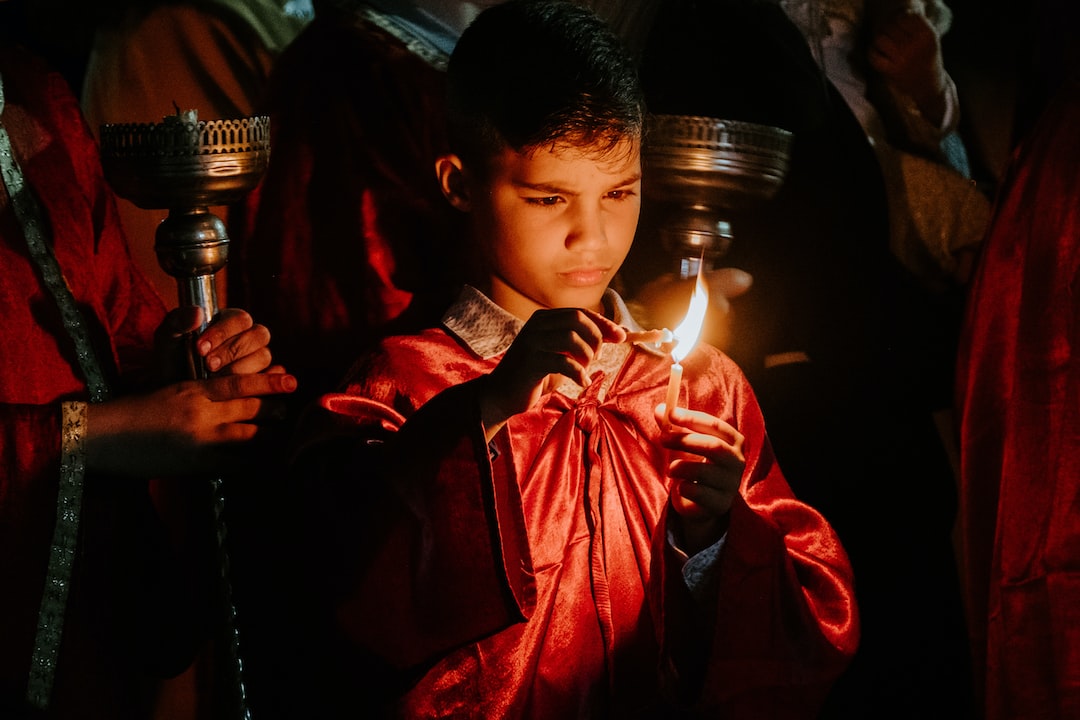Music has an integral role in religious worship. From the rhythmic beats of African drums to the harmonious notes of Western hymns, music has been a means of connecting believers with the divine for centuries. It is through music that individuals can express their faith, devotion, and spirituality in a way that is universal and transcends language barriers. The role of music in religious worship is diverse, with different forms and styles of music used across religions to invoke emotions, communicate religious teachings, and foster community.
In many religious traditions, music is used to enhance the worship experience. Whether it’s the rhythmic chanting in Buddhist temples or the hymns sung in Christian churches, music can be a powerful tool to create a serene and contemplative atmosphere. The calming effect of music allows worshippers to focus on their spiritual practice and draws their attention towards the divine. Music creates a sense of unity and provides a spiritual connection that transcends social and cultural differences.
Religious music is also a way of communicating religious teachings and values. In Christianity, for example, hymns are used to convey the beliefs of the faith. Many hymns express gratitude, hope, and the promise of salvation. Others provide a reflection on the life of Jesus and the meaning of God’s love. Religious music can also help us understand our own spirituality and connection with a higher power. Many religious songs provide a sense of comfort, peace, and strength during times of hardship and loss.
Music is also used to bring members of the community together in religious worship. Religion has always been a means of gathering people from diverse backgrounds and cultures. Music is a way to express common feelings and emotions and build a sense of community. In many religious communities, singing is an essential part of the worship service. This allows people to share the experience of singing together, to listen to the voices of others, and to come together in hymns and other types of religious songs.
In recent times, religious music has undergone significant changes. Different genres of music have emerged, such as contemporary Christian music, gospel, and devotional music. These new forms of music have brought a new dimension to religious worship, making it more accessible and relevant to younger generations. Contemporary music styles are more upbeat, high-energy, and full of life, which has broadened the appeal of religious worship. The style and tone of religious music continue to evolve with the changing times.
In conclusion, the role of music in religious worship is essential and diverse. While different religious traditions may have different forms and styles of music, the purpose of religious music is the same – to connect with the divine, communicate religious teachings, and foster community. Music is a universal language that transcends language barriers and cultural differences, and it has the power to bring people together in worship. The role of music in religious worship will continue to be a significant part of religious practice, providing a way to express faith, hope, and love for generations to come.
